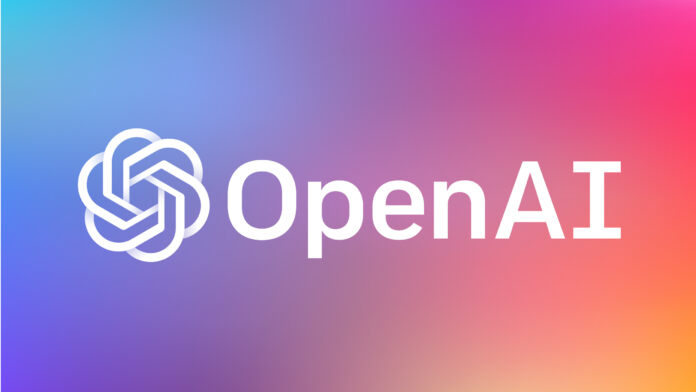OpenAI has recently provided a select group of filmmakers, artists, advertising agencies, and musicians with access to its advanced AI model, Sora, showcasing the potential of this highly realistic text-to-video and image-to-video tool. I reported on this earlier in the week, and OpenAI is now showcasing the creations of its AI. Despite Sora not being publicly available, OpenAI has published a blog post featuring seven videos created by these external collaborators, demonstrating the model's ability to bring creative ideas to life.
Collaborators Highlight Sora's Creative Impact
Sora represents OpenAI's latest foray into video generation technology, designed to revolutionize how movies are made. By leveraging artificial intelligence, Sora aims to streamline the filmmaking process, offering tools that could potentially transform storytelling, special effects, and even actor performances.
Among the creators chosen to experiment with Sora are members of shy kids, a multimedia production company from Toronto, including Walter Woodman, Sidney Leeder, and Patrick Cederberg, with Woodman directing the short film “Air Head.” Other notable collaborators include Paul Trillo, a multi-disciplinary artist, and Nik Kleverov, the Creative Director and Co-Founder of Emmy-nominated creative agency Native Foreign. The list also features August Kamp, a musician and creative activist; Josephine Miller, Co-Founder and Creative Director of Oraar Studio; Don Allen Stevenson III, a Digital AR/XR Artist; and Alex Reben, Sculptor/Artist and OpenAI's Artist In Residence.
The Broader Implications and Challenges of Sora
The release of these videos by OpenAI follows a meeting with Hollywood filmmakers and studios, indicating a potential interest in utilizing Sora for conventional, big-budget filmmaking. AI commentator Wes Roth spoke bout the potential impact of Sora in a video, highlighting how the AI could transform movie making and video creation.
This move is part of OpenAI's broader effort to illustrate the capabilities of generative AI in content creation. However, the use of AI in creative processes has sparked debate, with some artists and viewers expressing skepticism and concern over the technology's impact on traditional artistic methods. A recent indie horror film faced backlash for its use of AI in creating still images and set decor, with some calling for a boycott.
In response to the unveiling of third-party Sora videos, Ed Newton-Rex, former Stability AI executive and current CEO of Fairly Trained, criticized OpenAI on social media for “Artistwashing,” accusing the company of seeking positive feedback from a handful of creators while allegedly using people's work without permission or payment to train its models. OpenAI has stated that it utilizes “publicly available and licensed data” for training Sora, mentioning a licensing agreement with Shutterstock, yet specifics about the data used remain undisclosed.
Last Updated on March 28, 2024 2:44 pm CET by Luke Jones






